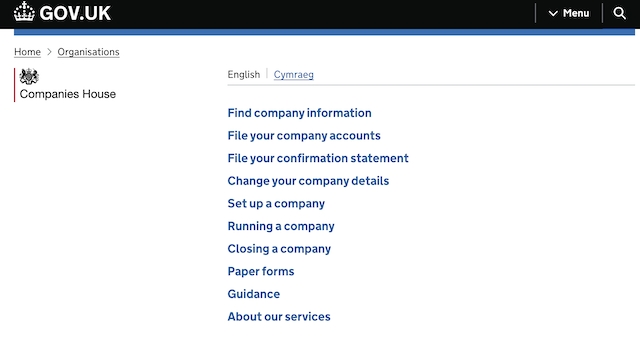
Companies House gets new powers to tackle crooks

Companies House has introduced enhanced powers to improve the quality and reliability of its data and tackle the misuse of the companies register.
The first measures under the Economic Crime and Corporate Transparency Act 2023 came into force today as part of an anti-scam drive.
There have been recent indications that some overseas companies have been mis-using the UK's relaxed company formation laws to create hundreds of firms with suspect details.
Alongside the measures new criminal offences and civil penalties have been introduced.
The new powers are the most significant change for Companies House in its 180-year history, according to chief executive Louise Smyth.
She said: “We’ve known for some time that criminals have misused UK companies to commit fraud, money laundering and other forms of economic crime.
“As we start to crack down on abuse of the register, we are prioritising cases where people’s names and addresses have been used without their consent. It will now be much quicker and easier to report and remove personal information that has been misused.”
Changes include:
- greater powers to query information and request supporting evidence
- stronger checks on company names
- new rules for registered office addresses. All companies must have an appropriate address at all times. They will not be able to use a PO Box as their registered office address
- a requirement for all companies to supply a registered email address
- a requirement for subscribers to confirm they’re forming a company for a lawful purpose when they incorporate, and for a company to confirm its intended future activities will be lawful on its confirmation statement
- greater powers to tackle and remove factually inaccurate information
- the ability to share data with other government departments and law enforcement agencies.
Business Minister Kevin Hollinrake said: “Companies House now has the tools to take a much harder line on criminals who take advantage of the UK’s open economy and can now ensure the reputation of our businesses is not tarnished by the UK playing host to the world’s scammers.”
He said the reforms provide further protection to the public from companies fraudulently using their address and “will begin to remove the smoke and mirrors around companies hiding behind false information.”
The phased roll out of new powers and requirements is designed to minimise hassle for legitimate businesses, he said. Many of the changes will be integrated into the existing reporting cycles, such as the requirement to update a company’s confirmation statement.
The Economic Crime and Corporate Transparency Act received Royal Assent on 26 October 2023. The act gave Companies House the power to play a more significant role in tackling economic crime and supporting economic growth. It introduced new responsibilities for:
- all new and existing company directors
- people with significant control of a company (PSCs)
- anyone who files on behalf of a company